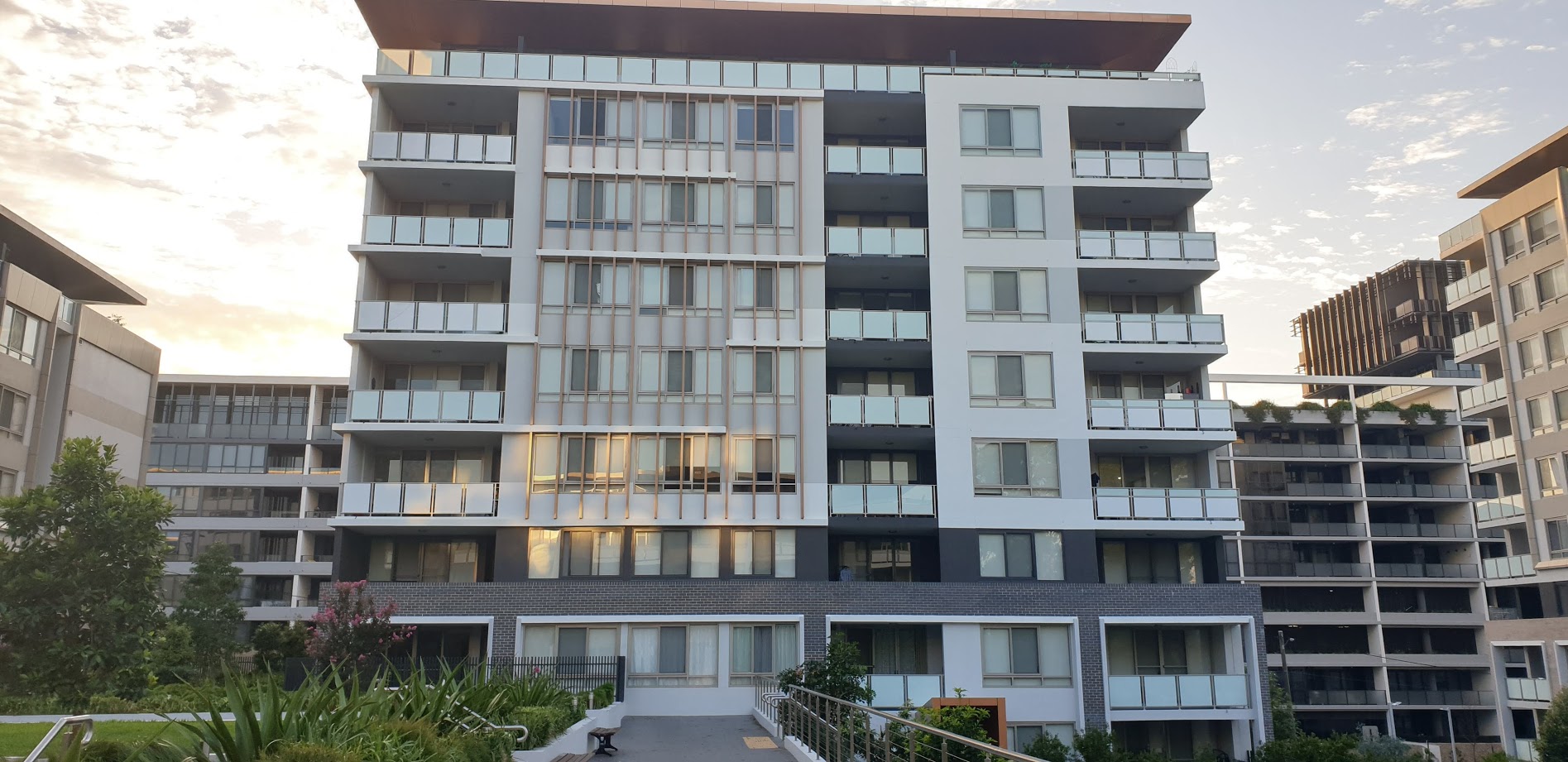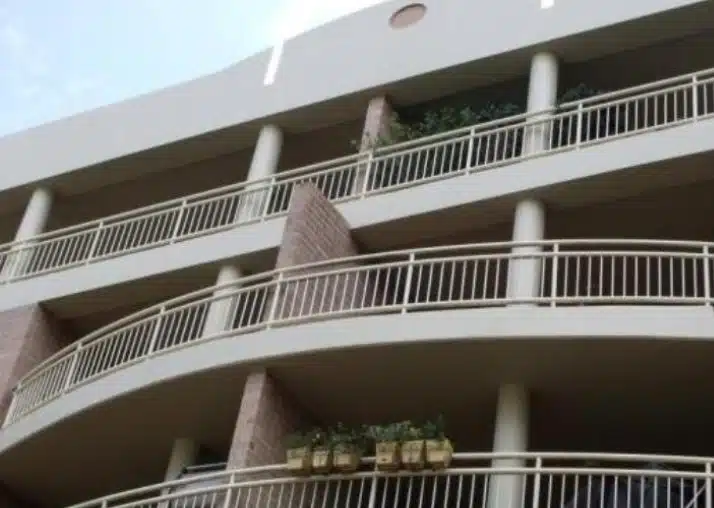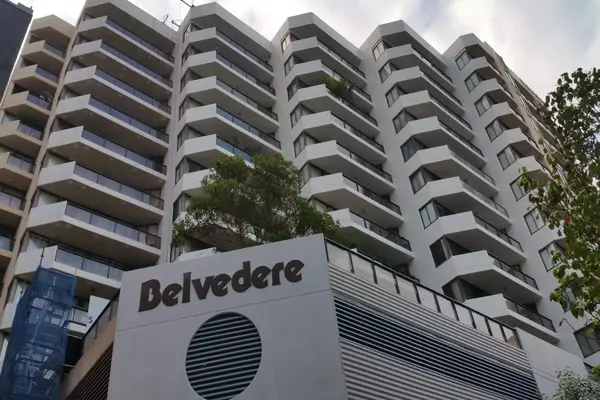MJ Engineering Projects supervised remedial works on an eight-level concrete-framed building with brick infill containing forty apartments in Paddington. Serious defects included concrete spalling at slab edges and columns, asbestos in movement-joint putty, and failing protective coatings. The owner required a programme that would remove health hazards, halt reinforcement corrosion and refresh the façade without lengthy disruption for residents.
Project background
Inspection confirmed two urgent issues. First, asbestos taken up in the original sealant posed a contamination risk at window and movement joints. Second, chloride ingress had reached the reinforcement level, causing spalling and exposing steel along balcony slabs, columns and car-park soffits. MJ Engineering Projects documented these conditions and produced a remedial works specification that met National Construction Code provisions. A specialist contractor was appointed through selective tender, and our team acted as superintendent to verify workmanship and report progress to the strata committee.
Scope of works
- Repair concrete spalling on slab edges, columns and car-park soffits
- Make good deteriorated windowsills
- Apply concrete impregnators to extract chloride ions from affected areas
- Remove and replace asbestos joint sealants
- Install roof capping to prevent water ingress
- Apply high-build acrylic coating to concrete surfaces
- Apply low-sheen acrylic paint to finish façades
Key challenges and solutions
Concrete spalling repairs
Low cover had allowed carbonation and chlorides to reach reinforcement. Damaged concrete was cut back to sound material, steel was cleaned and passivated, and polymer-modified repair mortar reinstated cover. A high-build acrylic coating now seals repaired zones and adjacent concrete.
Asbestos joint removal
Asbestos putty around façade joints required careful handling. Removal areas were enclosed, negative-pressure extraction units controlled fibres and clearance air tests confirmed safety before finishes were reinstated.
Chloride extraction
Where chlorides had penetrated but concrete remained intact, a liquid impregnator was applied to draw ions from the matrix. Post-treatment testing showed chloride levels reduced to within accepted limits, limiting future corrosion risk.
Roof water ingress
Moisture entered via parapet joints. Light-weight aluminium capping was installed over the roof edge, covering previous cracks and directing rainwater away from façade faces.
Façade coating renewal
Existing paint had chalked and peeled. Surfaces were pressure-washed, rendered areas skimmed with high-build acrylic and the entire façade finished with low-sheen acrylic paint suited to coastal weathering, delivering a consistent appearance and UV protection.
Conclusion
The Paddington remedial works programme removed asbestos hazards, arrested concrete cancer and restored weatherproof coatings without relocating residents. Balconies and columns are structurally sound, chloride levels are under control, roof capping eliminates water entry and a fresh paint system improves durability and visual appeal.
For additional remedial works case studies visit our blog or contact the remedial works team for advice on concrete repair, asbestos-joint removal or façade maintenance.



